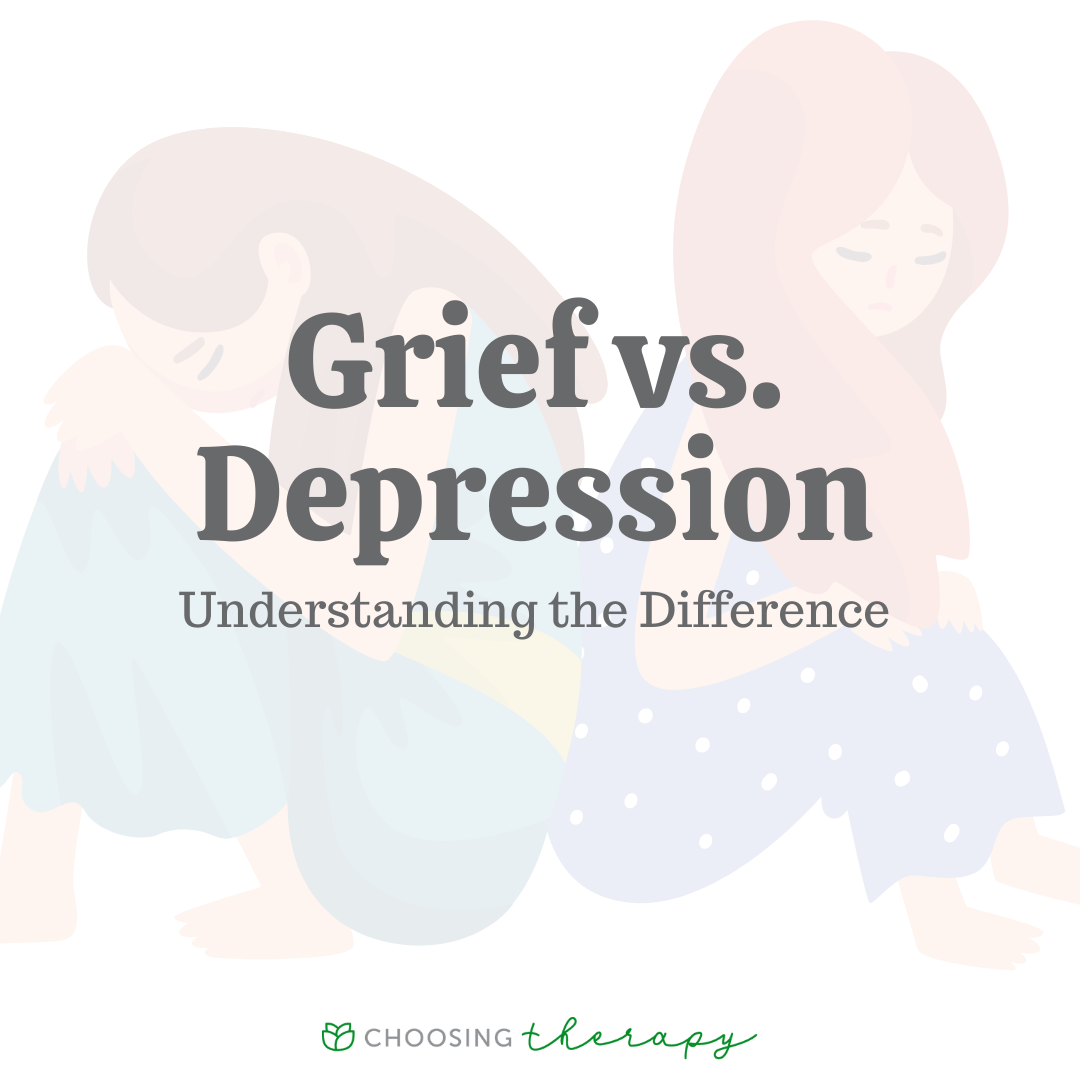Bereavement-related depression treatment
Jun 13, 2023
This paper discusses the treatment of bereavement-related depression using cognitive-behavioral therapy (CBT). CBT is a form of psychotherapy that focuses on challenging and changing negative thoughts, beliefs, and behaviors in order to improve a person’s emotional state. By using various techniques such as relaxation strategies, problem solving skills, or exposure therapy, clients can learn how to better cope with their current situation and become more resilient in the face of future challenges.
CBT is especially beneficial for those who are dealing with bereavement-related depression because it helps them identify and challenge any irrational thinking or distorted beliefs they may have about themselves or the deceased loved one. This ultimately allows them to gain insight into their feelings and make better sense of them. Specific interventions used in CBT for bereavement-related depression include grief processing, exposure techniques, and cognitive restructuring.

Grief processing involves exploring the feelings associated with the loss of a loved one and learning to accept them. Exposure techniques can be used to gradually confront any thoughts or memories related to their deceased loved one that may be triggering distress. Lastly, cognitive restructuring helps clients replace negative thinking patterns and beliefs about themselves and their situation with healthier, more balanced ones.
Through CBT, individuals can learn how to better cope with bereavement-related depression by developing new skills such as problem solving strategies or relaxation methods. These skills can help them manage any intense emotions they experience when grieving as well as provide them with an outlet for expressing those feelings constructively. Ultimately, CBT can be an effective treatment for those dealing with bereavement-related depression, as it helps them identify the source of their distress and create a more positive outlook on life.
Additionally, there are other forms of psychotherapy that can help support individuals suffering from bereavement-related depression. For example, interpersonal therapy (IPT) emphasizes the role relationships play in emotional well-being and focuses on improving communication skills in order to strengthen one’s social network. Dialectical behavior therapy (DBT) teaches clients how to better cope with intense emotions through mindfulness and emotion regulation techniques. Finally, Acceptance and Commitment Therapy (ACT) encourages clients to accept their feelings without judgment while also motivating them to take action and create meaningful change in their lives.
In conclusion, bereavement-related depression can be effectively treated with CBT as well as other forms of psychotherapy. These treatments focus on helping clients develop new skills and challenge any irrational thinking or distorted beliefs they may have about themselves or the deceased loved one. With proper treatment, individuals can learn how to better cope with bereavement-related depression and gain a more positive outlook on life.
